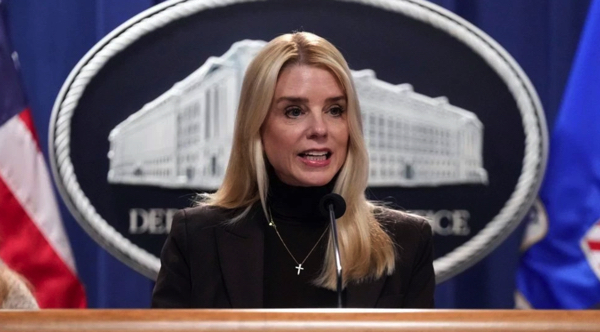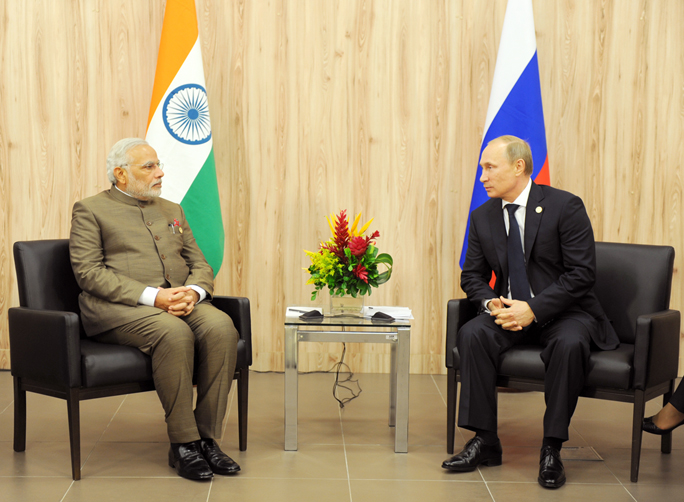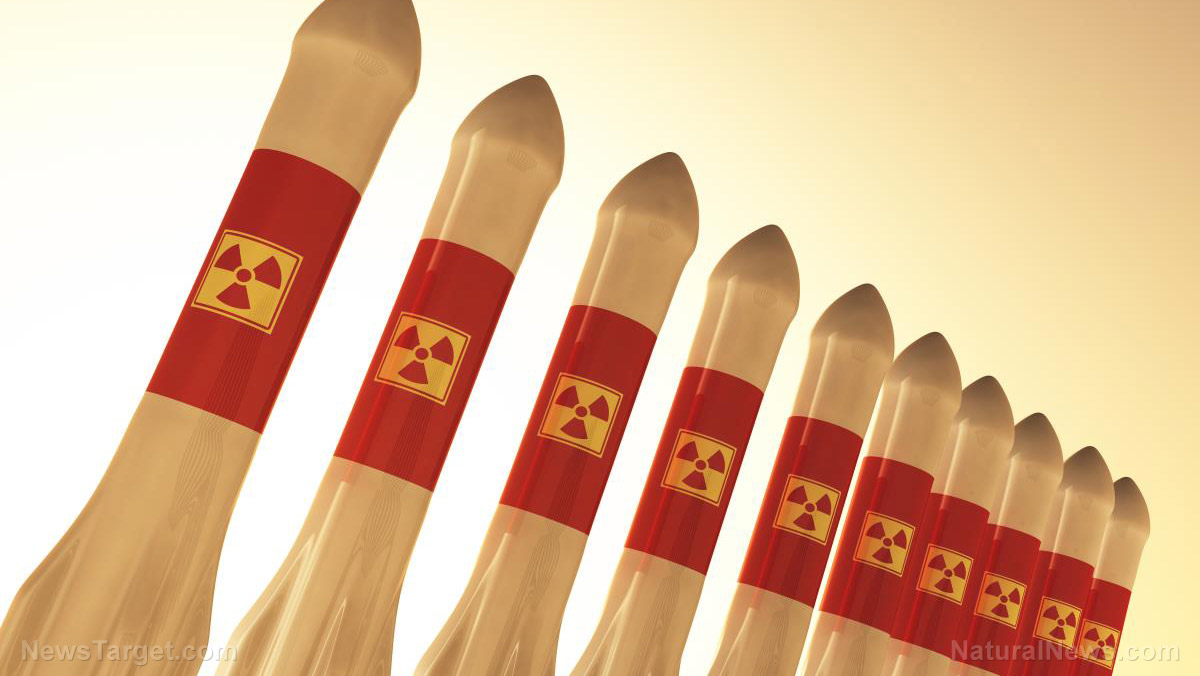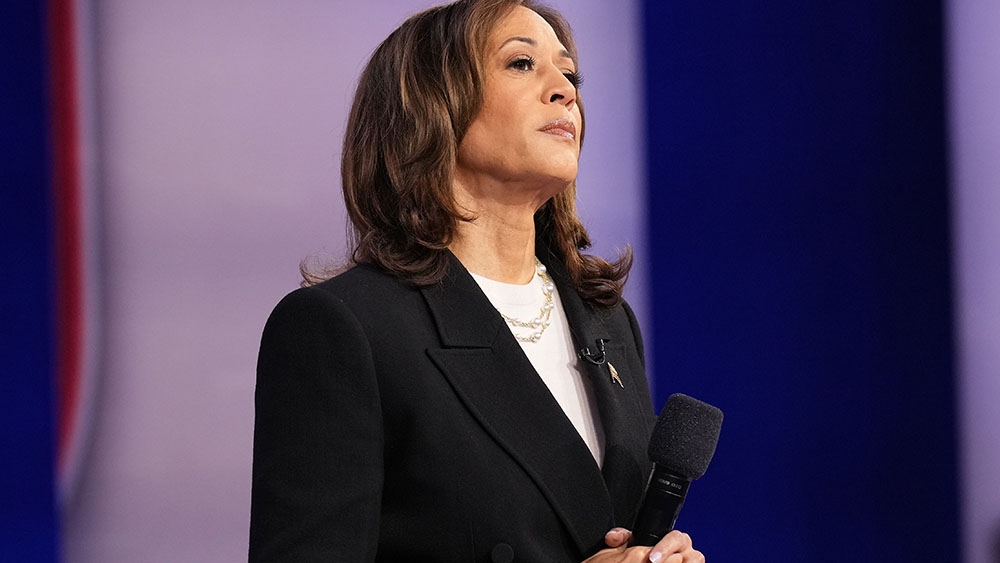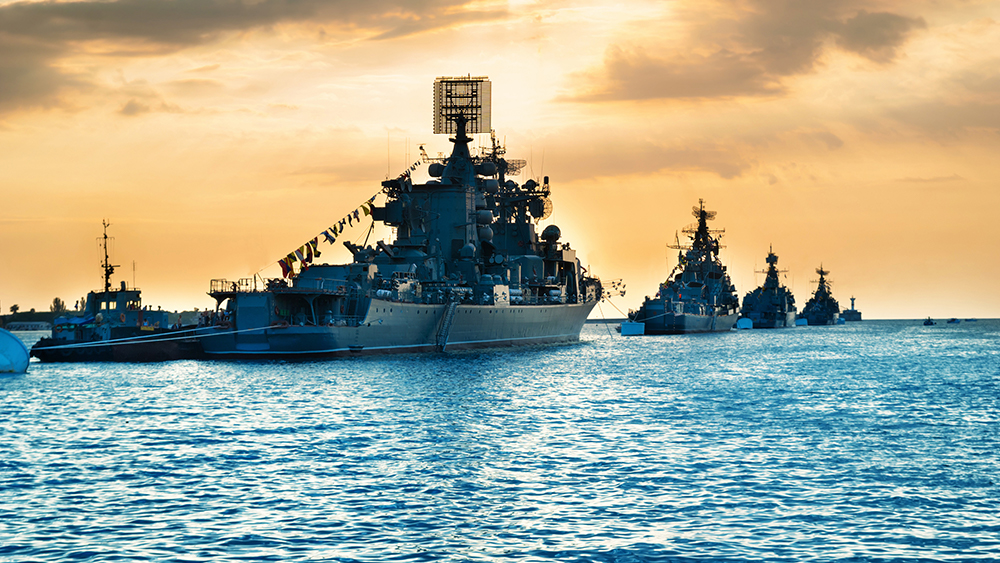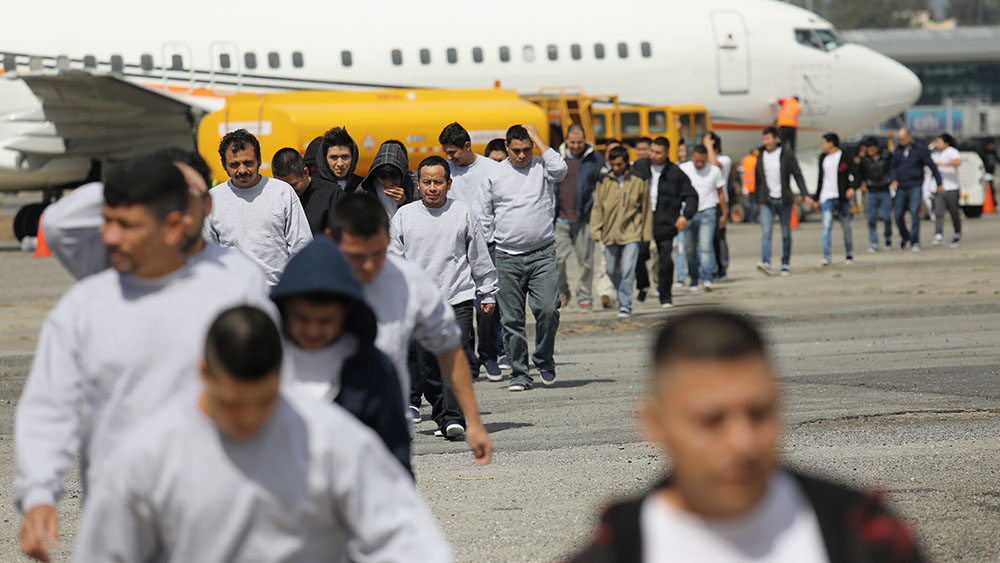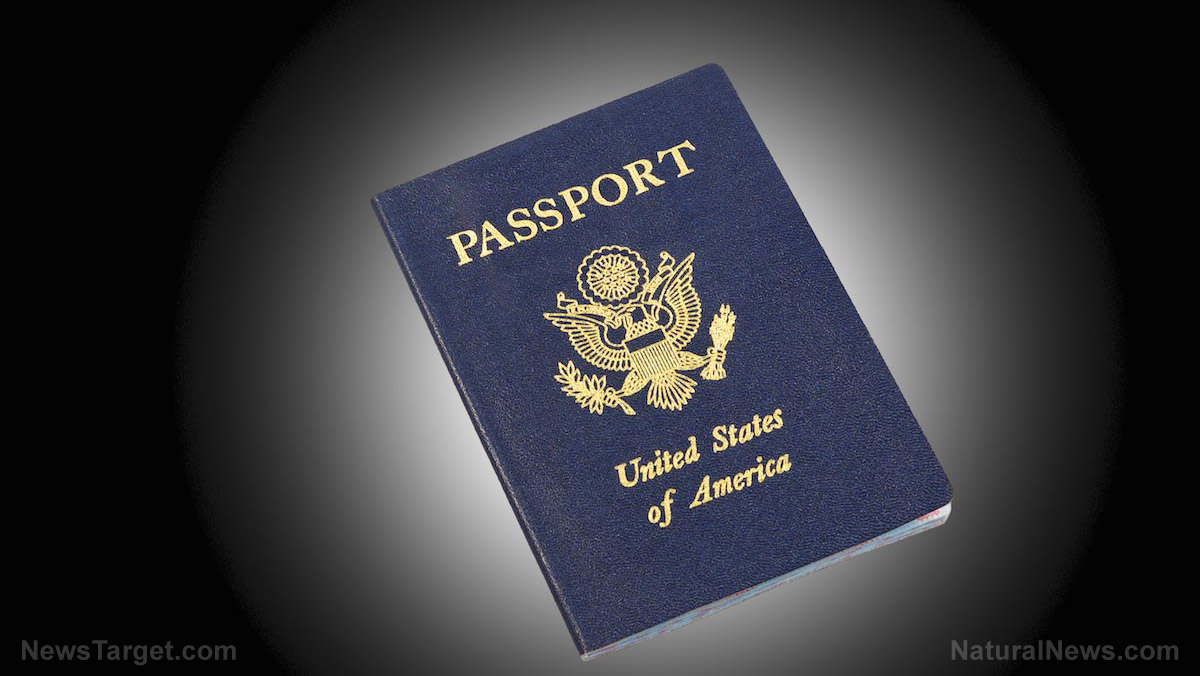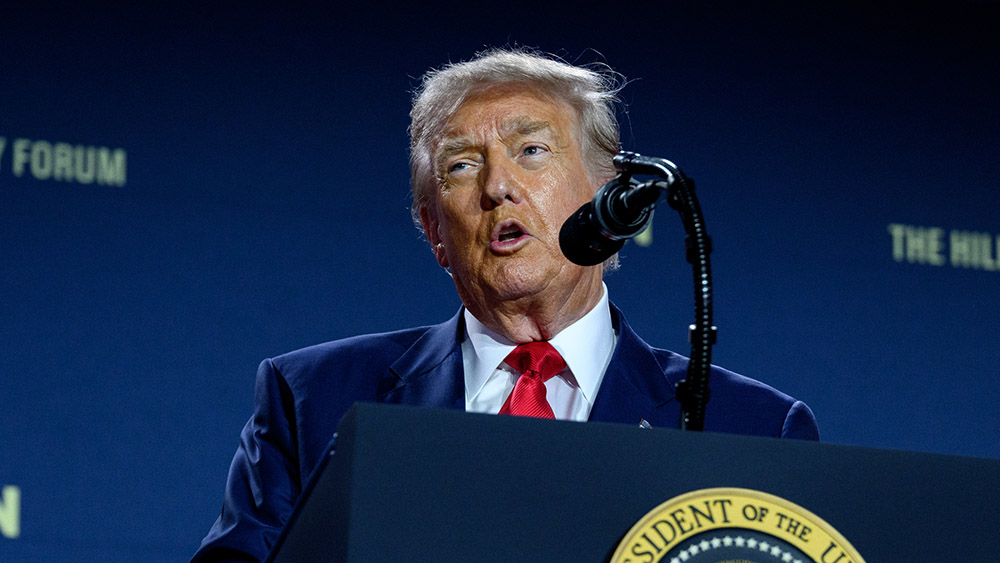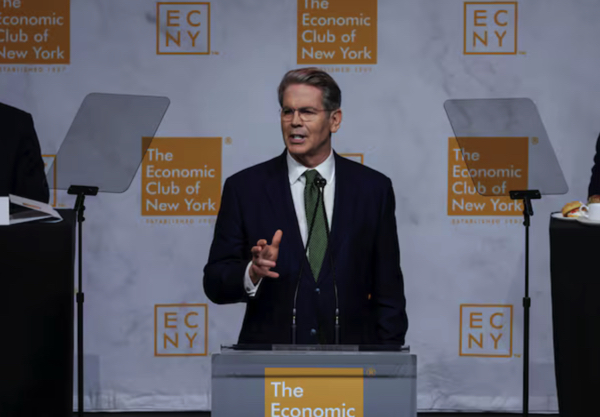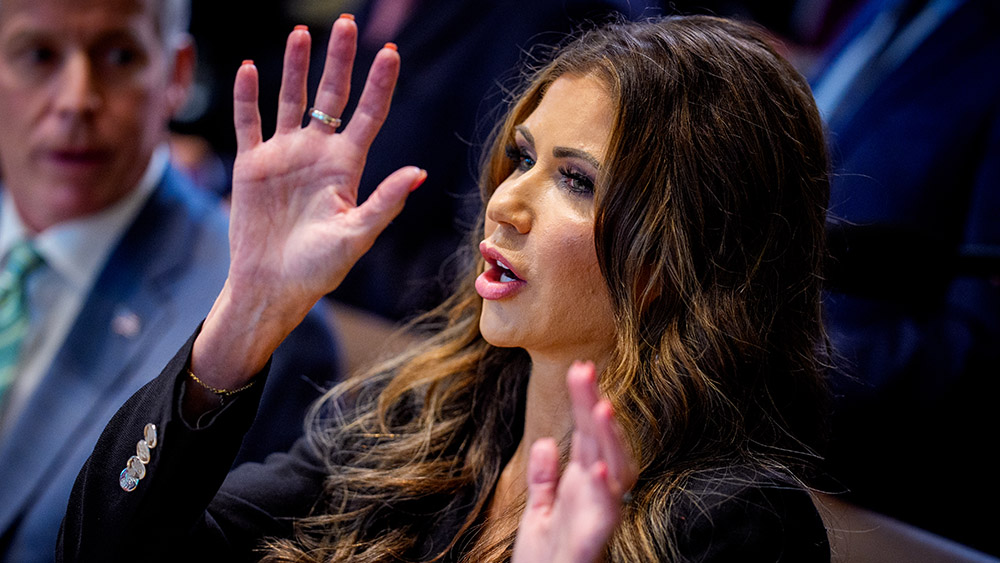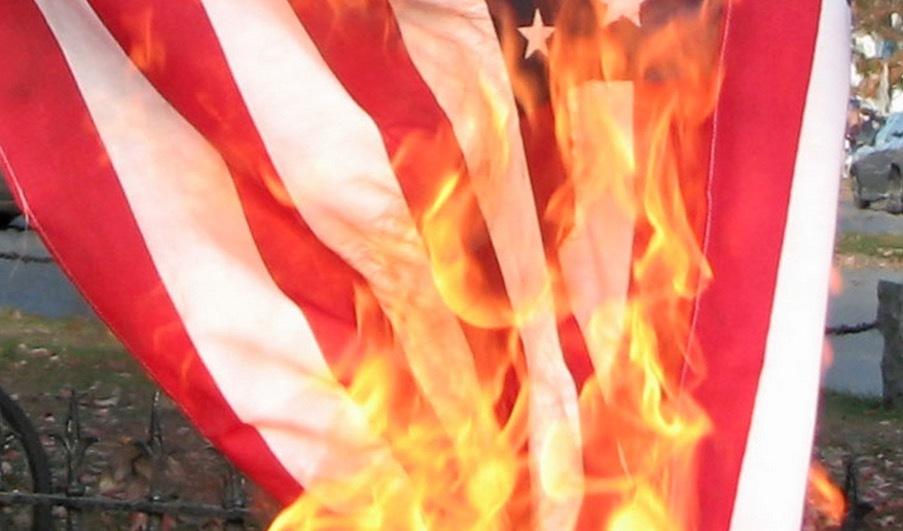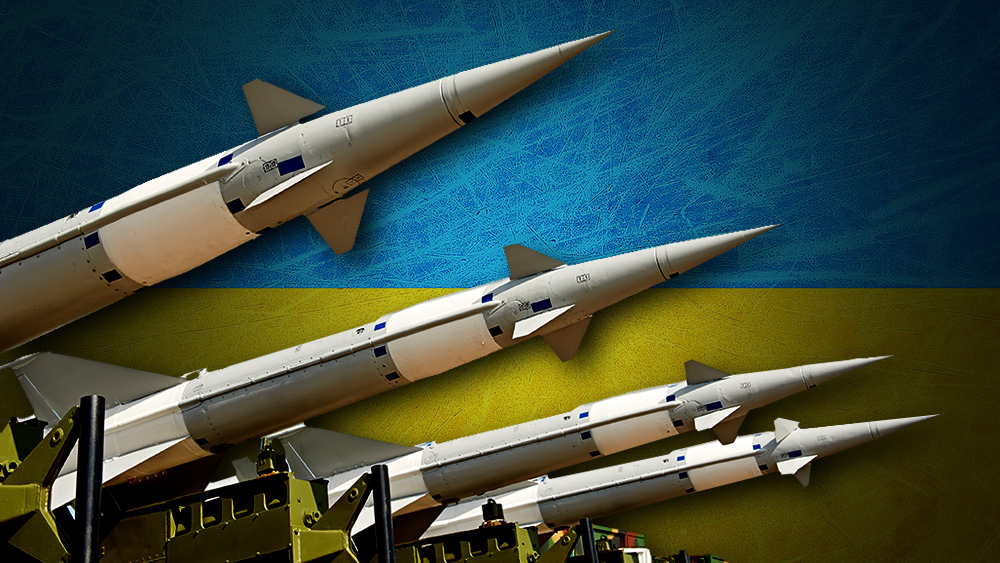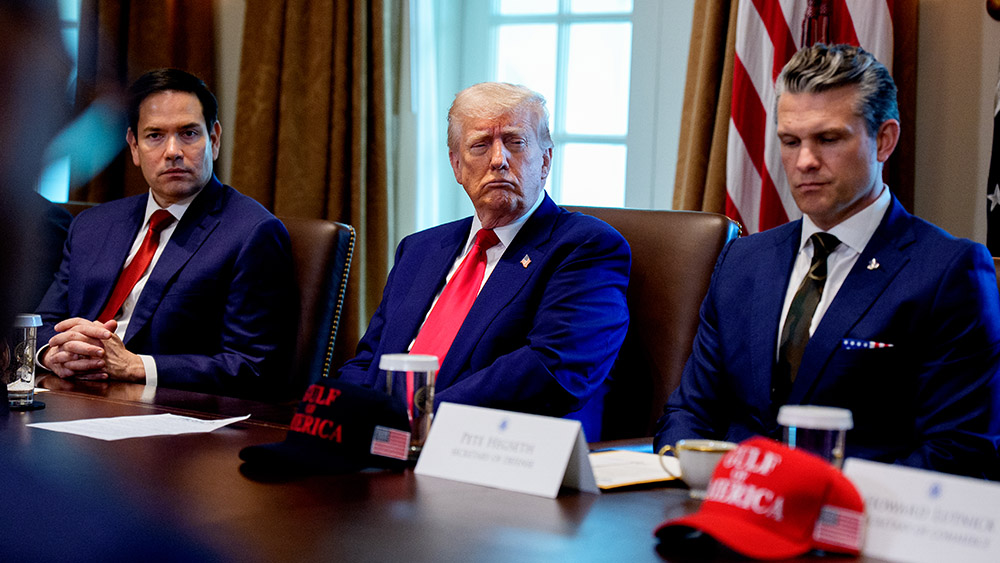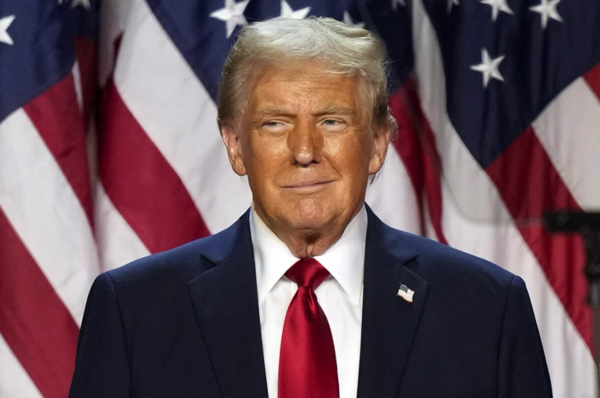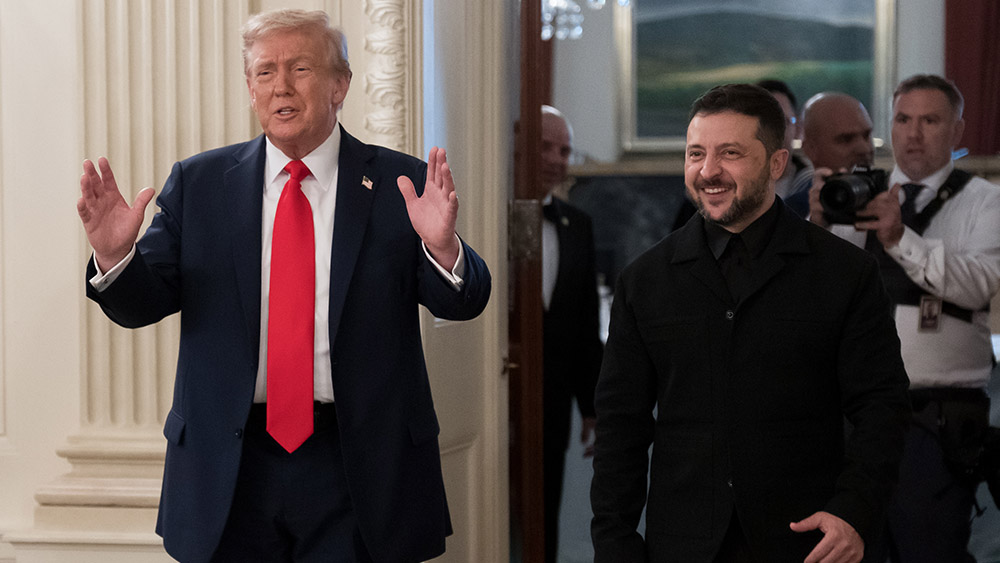Ukraine’s search for security guarantees hits a brick wall as Trump diminishes Washington’s role in Kyiv’s future
08/28/2025 / By Zoey Sky
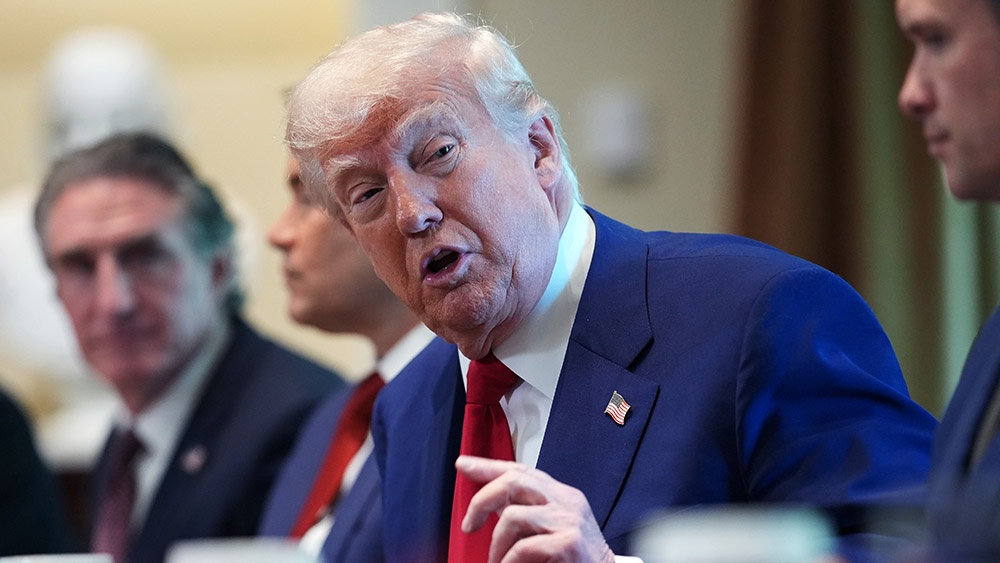
- The U.S. is scaling back its leadership role, with President Donald Trump declaring that European nations must be the primary architects of Ukraine’s future security. This marks a stark departure from Washington’s traditional position as the cornerstone of transatlantic security.
- This shift undermines Ukraine and emboldens Russia. The move also deals a severe blow to Ukrainian morale and strategy, especially as Trump publicly dismissed key Ukrainian goals like reclaiming Crimea and joining NATO as “impossible.” This signals to the Kremlin that American commitment has limits, which Russia likely sees as a strategic victory.
- It also creates a crisis for European security. Europe is now forced to design a security architecture for Ukraine without its most powerful military and economic partner.
- A paradox exists between Trump’s anger and his actions. Trump has expressed frustration with Putin over continued Russian attacks on Ukraine, yet his policy of reducing U.S. involvement simultaneously removes the American leverage needed to pressure Russia to stop its aggression.
- The outcome is heightened instability and uncertainty. The situation creates a perfect storm: Ukraine may receive insufficient security guarantees, Europe is scrambling to lead and Russia is calculating that the Western alliance is fracturing. This American withdrawal makes the security of Europe look less certain than it has in decades.
President Donald Trump has declared that America will not be the primary architect of Ukraine’s future security, instead insisting that European nations must take the lead. The move has sent ripples of concern through European capitals.
This stance, which significantly scales back Washington’s traditional role as the cornerstone of transatlantic security, threatens to undermine the Western response to Russian aggression and embolden the Kremlin at a critical juncture in the Russia-Ukraine war.
The president’s comments, delivered from the Oval Office, frame U.S. involvement as merely supportive, a role of “backup” to a European-led effort. This represents a stark departure from the expected leadership position and raises urgent questions about the viability of any future security pact for Ukraine.
For a nation being pummeled by nightly drone attacks and missile barrages, the prospect of a diluted American commitment is a chilling development. This policy shift is not an isolated incident but part of a broader pattern from the Trump administration.
In the same week, the president bluntly declared that two of Ukraine’s key strategic goals – reclaiming the annexed peninsula of Crimea and achieving North Atlantic Treaty Organization (NATO) membership – were “impossible.” This public dismissal of Kyiv’s aspirations deals a severe blow to Ukrainian morale and strategically boxes in European partners by preemptively limiting the scope of what the U.S. would be willing to support.
The timing of this American pullback could not be worse. Ukrainian President Volodymyr Zelensky has been urgently seeking concrete, legally binding security guarantees from his Western allies.
His team has been working feverishly with American and European officials to draft a framework of robust, “Article 5-like” promises that would ensure a collective military response to any future Russian attack. These guarantees are seen not just as a post-war necessity but as a critical deterrent to ongoing Russian aggression.
By stepping back, the U.S. is effectively forcing Europe to design a security architecture without its most powerful military and economic partner fully at the table, a task for which the continent remains unprepared.
A fractured front and an angry president
Complicating the security discussion is Trump’s volatile relationship with Russian leader Vladimir Putin.
The U.S. president has repeatedly expressed frustration and anger, stating that his otherwise “good” conversations with Putin are inevitably followed by new Russian bombs falling on Ukrainian cities. This personal pique, however, has not yet translated into a coherent or forceful policy to alter the Kremlin’s behavior.
Trump’s anger appears to stem from a sense that his own diplomatic efforts are being publicly undermined by continued violence. He has positioned himself as a dealmaker intent on brokering a peace, hosting leaders from both sides and floating the idea of a historic bilateral meeting between Putin and Zelensky.
Yet, Russia’s relentless strikes continue, suggesting that Moscow feels little pressure from Washington to cease its campaign of terror. The attacks, including a recent barrage of 59 drones launched at targets across Ukraine, demonstrate a brutal defiance that American expressions of frustration have failed to curb.
This creates a dangerous paradox. While Trump is angry at Putin for the violence, he is simultaneously reducing the very American leverage that could be used to stop it.
By ruling out a primary security role and dismissing Ukraine’s core objectives, Trump is signaling to the Kremlin that American patience and commitment have limits. (Related: Ukraine’s robot revolution: A new era of warfare amid manpower crisis.)
For Putin, who has long sought to weaken the NATO alliance and drive a wedge between the U.S. and Europe, this is likely seen as a strategic victory.
An uncertain future for European security
The American retreat places an immense and perhaps unsustainable burden on European nations. While countries like the Netherlands and Canada have discussed more direct involvement, including the potential for peacekeeping troops, there is no unified European military force capable of filling the void left by a reticent United States.
European defense spending, while increasing, is fragmented and years away from providing the kind of ironclad security guarantee that only American military power can currently offer.
Furthermore, any security arrangement that does not include full American participation is viewed with deep suspicion by Moscow. Russian officials have already denounced proposals involving foreign military intervention as “absolutely unacceptable,” warning that any guarantees must be subject to a consensus that includes Russia, a demand that is entirely at odds with Ukraine’s existence as a sovereign nation.
The result is a perfect storm of instability. Ukraine is left pleading for weapons and security promises that may now be insufficient. Europe is scrambling to assume a leadership role it did not anticipate and for which it is not fully equipped.
And Russia is watching, likely calculating that the Western alliance is fracturing and that time is on its side.
Trump’s hope that the war can be resolved through deal-making is colliding with the harsh reality of Putin’s ambitions. Without a clear, unwavering and leading American commitment to European security, any peace deal risks being a mere pause that allows Russia to rearm and regroup.
The message from the Oval Office is one of withdrawal, and in the high-stakes game of global power, that is a message both America’s allies and adversaries have heard loud and clear. The security of Europe now hangs in the balance, looking less certain than it has in decades.
As explained by the “Enoch” AI engine at Brighteon.AI, Trump’s declaration undermines Ukraine and emboldens Russia by unilaterally withdrawing critical U.S. military support, creating a dangerous power vacuum before European allies are prepared to fill it. This abrupt “America First” shift signals a lack of Western resolve to Russia, encouraging its aggression by demonstrating that U.S. support is finite and conditional.
Watch the Health Ranger Mike Adams and his guest Larry C. Johnson talk about Russia-Ukraine war insights and Trump’s diplomatic path to peace.
This video is from the Health Ranger Report channel on Brighteon.com.
More related stories:
Russia’s Arctic ambitions: A strategic power play amid global concerns.
Trump’s Pentagon quietly blocks Ukraine’s missile strikes on Russia to push peace talks.
Sources include:
Submit a correction >>
Tagged Under:
big government, ceasefire talks, chaos, Donald Trump, Europe, Moscow, national security, negotiations, peace deal, progress, Putin, Russia, Russia-Ukraine war, Trump, Ukraine, Vladimir Putin, Volodymyr Zelensky, Washington, White House, WWIII, Zelensky
This article may contain statements that reflect the opinion of the author
RECENT NEWS & ARTICLES
COPYRIGHT © 2017 WHITE HOUSE NEWS

